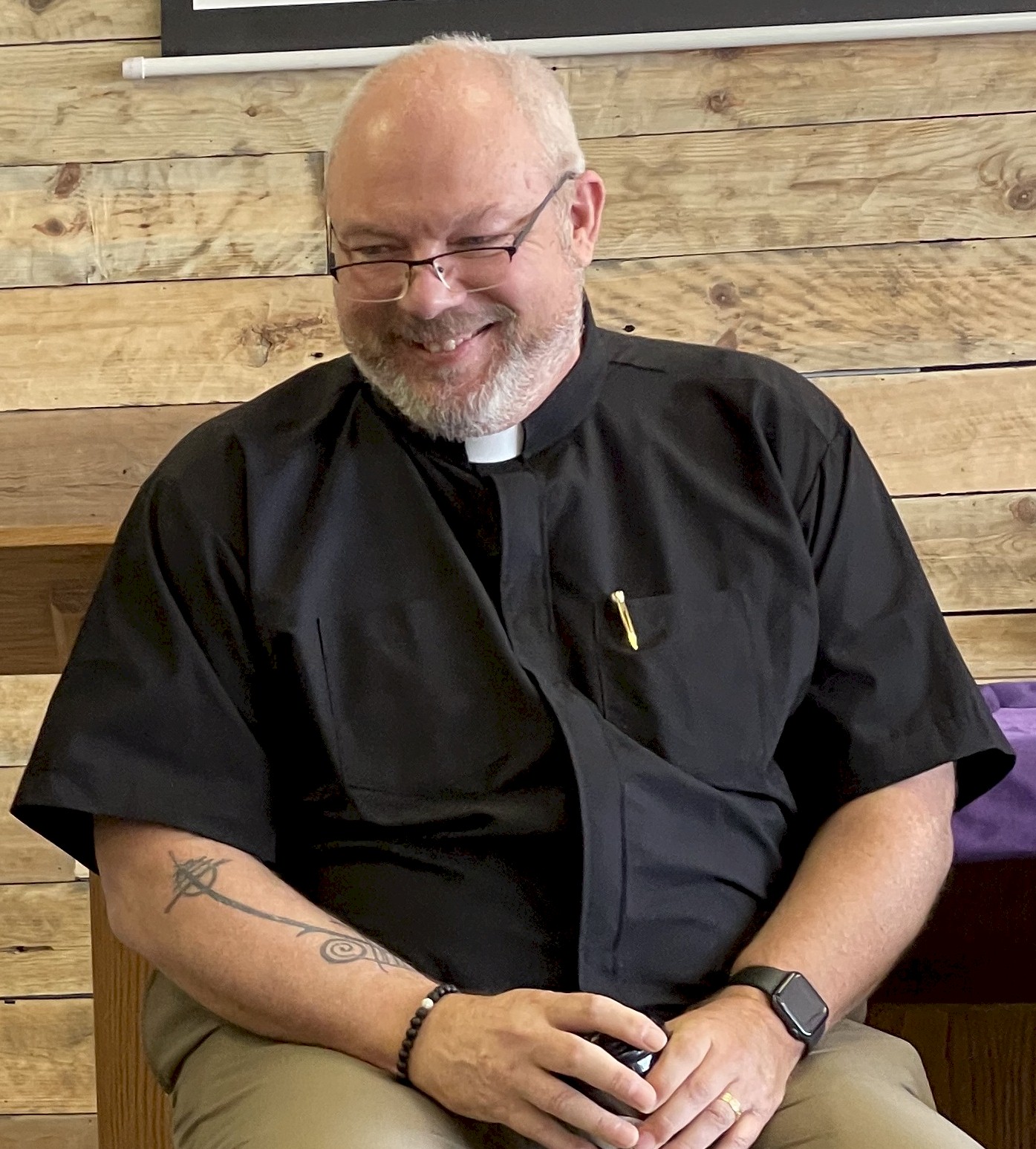In our pursuit of faith, we often debate baptism, church membership, and the intricacies of doctrine. Rather than embracing the spirit of unity and love, we dissect and label the beliefs of others who don’t align with our own. We become theological surgeons, meticulously examining every aspect of doctrine that doesn’t neatly fit into our own understanding.
The Allure of Certainty

We crave certainty in belief. It’s human nature to seek answers, to want our understanding of the divine to be clear and unshakable. After all, in an uncertain world, the comfort of knowing that we’re on the right path can be like a guiding light in the darkness.
Yet, we must tread carefully on this path of certainty. Absolute conviction can breed rigidity, turning what should be a source of strength into a weakness. It’s essential to remember that faith is not a science; it’s a deeply personal journey. And just as we wouldn’t expect everyone to see the same shades of a painting or hear the same notes in a piece of music, we shouldn’t expect everyone to perceive the divine in the exact same way.
The Pitfall of Arrogance
But this quest for certainty can lead to arrogance. Judging and criticizing those who see things differently becomes easy when we’re convinced that our beliefs are superior. It’s important to understand that our beliefs, while deeply meaningful to us, should never serve as pedestals from which we look down upon others. Arrogance blinds us to the richness of diverse perspectives and undermines the principles of humility, empathy, and love that lie at the core of many faiths.
Arrogance can manifest in various ways, from belittling someone for their different interpretation of scripture to ostracizing those with alternative spiritual practices. It creates barriers within our communities, causing division rather than unity. Just as pride comes before a fall, arrogance often precedes a fall from the grace of true spiritual understanding.
Theology vs. Compassion
In our faith journeys, theology is a foundational pillar, providing us with the knowledge and understanding of our beliefs. It’s the structure that supports our spiritual house. However, it’s crucial to remember that theology should never overshadow the cornerstone of our faith: compassion.
While theological debates and discussions are essential for deepening our understanding, they should always serve the greater good of fostering love, kindness, and empathy. When theological knowledge becomes an end in itself, it can lead to a disconnect between the head and the heart. We may know the scriptures by heart yet fail to practice the essence of our faith – loving our neighbors and extending a hand of help to those in need. An image that comes to mind is a person studying theological texts under the warm light of knowledge while outside, in the shadows, people need assistance. This image visually contrasts the richness of theological understanding and the call for compassionate action.
Balancing theology and compassion doesn’t mean diluting our beliefs but rather enriching our faith by living it.
Embracing Diverse Perspectives
Instead of wielding our beliefs like scalpels, we should embrace diversity of thought within our faith community. Embracing diverse perspectives within our faith communities is an enriching and transformative journey. It’s a commitment to building bridges rather than walls, fostering understanding instead of division. Here are a few more insights on how to truly embrace and celebrate diversity of thought:
- Practice Active Listening: To embrace diverse perspectives, we must actively listen. Listen attentively when conversing with those with different beliefs without immediately formulating counterarguments. Seek to understand their viewpoint deeply; in doing so, you honor their perspective and open doors to mutual respect.
- Celebrate Shared Values: Recognize that, despite theological differences, shared values often connect people of faith. These shared values can be a powerful foundation for unity and collaboration. Celebrate these commonalities and work together on projects that promote goodwill and compassion.
- Engage in Interfaith Dialogues: Interfaith dialogues can be an enlightening experience. Engaging with people from different faith traditions allows us to see the common threads that run through all spiritual paths. It’s a reminder that, at the core, we’re all striving for a better, more harmonious world.
- Create Inclusive Spaces: You can lead in creating inclusive spaces within your parish or community. Encourage open discussions and welcome individuals with diverse beliefs to participate in your events and services. Inclusivity is a powerful way to demonstrate the acceptance of diversity.
- Cultivate a Culture of Respect: Encourage a culture of respect within your faith community. Make it known that respectful dialogue, kindness, and acceptance are not just values but integral parts of your faith community’s identity.
Embracing diverse perspectives within our faith communities is not just a lofty ideal; it’s an essential step toward fostering a more tolerant and inclusive world.
Living by the Spirit
Living by the spirit means aligning our faith with our actions. It’s the realization that the essence of our beliefs lies not in theological debates but in the practical application of those beliefs in our daily lives. Consider every act of kindness as an act of worship. When we extend a helping hand, show love and compassion, or support those in need, we put our faith into practice. Every smile, every gesture of goodwill, becomes a form of prayer.
Build a caring community! Each of us is in a unique position to foster a caring community. Encourage those around you to reach out to one another and the wider community. Organize community service projects, visit the homebound and the sick, and provide a support system for those facing hardships.
The world is filled with challenges, from poverty to environmental issues to social injustices. Living by the spirit means not turning a blind eye to these problems but actively engaging in efforts to alleviate suffering and create a more just world.
In the end, our faith should be a message of love. It’s a love that transcends theological doctrines and embraces all of humanity. Through our actions, we can demonstrate this love, bringing healing and hope to a world that often feels divided and broken.
An image for this section could depict a person extending a hand of kindness to another, with a background that includes symbols of various faith traditions, emphasizing that love and compassion are universal languages that transcend religious boundaries.
Living by the spirit is a transformative path that deepens our faith and leaves a positive impact on the world. It means focusing on the values and principles that bind us rather than the differences that separate us.
Our beliefs are deeply personal and cherished, but let’s remember that the essence of faith lies in love, unity, and compassion.

